Conditions That Can Cause Body Hair Loss

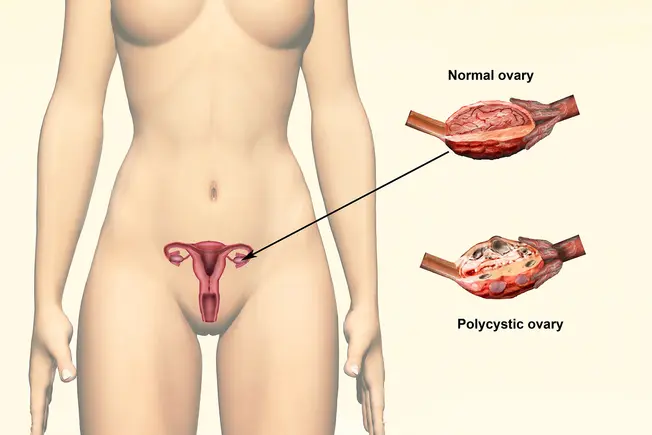
Hormonal Imbalance
You may lose hair when you have polycystic ovary syndrome (PCOS). That’s a women’s health condition that affects your hormone levels. PCOS can lead to hirsutism -- when women sprout a lot of hair in places they normally wouldn’t. You may notice hair on your face, chest, or chin. Extra androgens, sometimes called male hormones, cause this. Your doctor can help treat your PCOS.
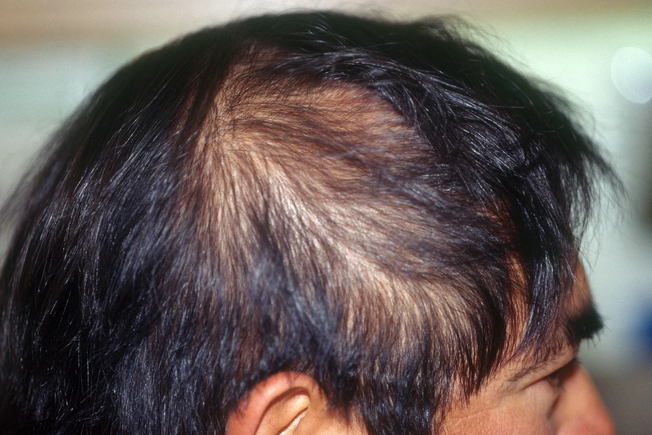
Autoimmune Disorder
With alopecia areata, hair may get thin or stop growing. That’s because your immune system attacks hair follicles, making it hard for hair to grow. You may get bald patches on your head or other body parts. You might lose your eyebrows or eyelashes. Sometimes, all your body hair falls out. That's called alopecia universalis. Medicine may regrow hair. And since your follicles still work, your hair might grow back when the condition isn’t active.
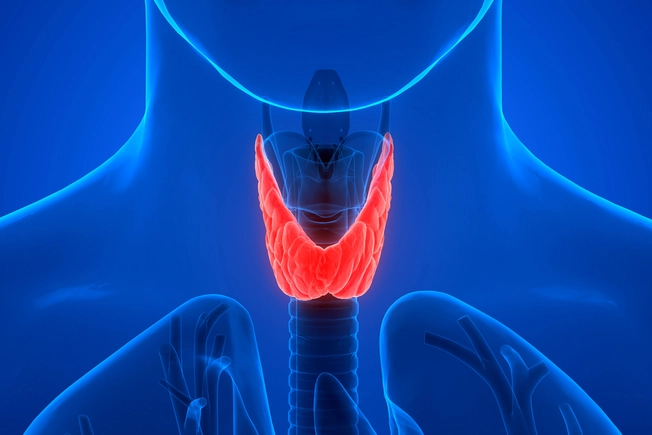
Thyroid Condition
Talk to a doctor if your hair loss comes with fatigue, muscle weakness, weight loss or gain, or dry skin. You might have a thyroid problem. Medicine can help your thyroid work the right way. Your hair should grow back with treatment, but it may take several months. Rarely, anti-thyroid drugs can cause hair loss. Your doctor might be able to switch your medicine if this happens to you.

Diabetes
Type 2 diabetes can affect more than blood sugar. It also can damage the cells in your hair follicles. You may notice changes before you’re diagnosed. Your hair might get thinner, or it may take a long time to grow back. Without good circulation in your feet and legs, the hair below your knees may start to shed. Talk to a doctor if you need help controlling your blood sugar. They can help you figure out a treatment plan.
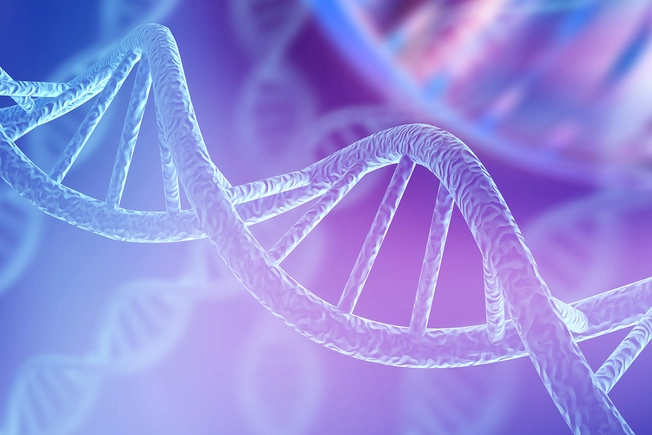
Genetic Hair Disorders
You can be born with a condition that affects hair growth. One is called hypotrichosis. It’s when you’re born with sparse, thin, and fragile body hair. Your condition may stay the same. Or sometimes, you might go bald or keep losing body hair over time. Medicine may help you thicken or grow new hair.
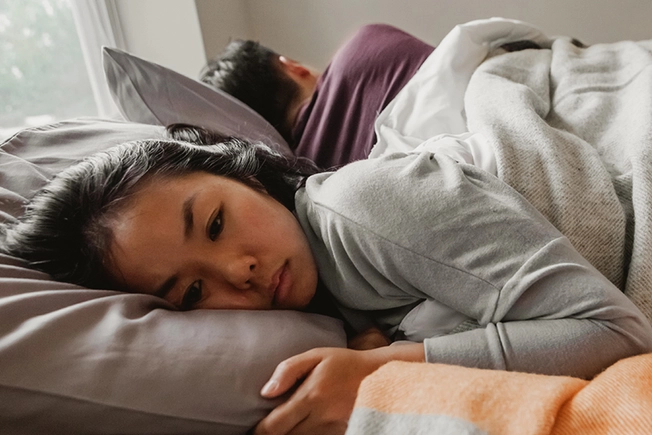
Adrenal Gland Disorder
If you have Addison’s disease, your adrenal glands don’t make enough of certain hormones. That includes cortisol and aldosterone. This can lead to body hair loss and sexual problems in women. Other symptoms include serious tiredness, skin color changes, and stomach problems. Talk to a doctor if you think you have Addison’s. It can be life-threatening without treatment. You can take medicine to get better.

Sexually Transmitted Infection (STI)
Some STIs can cause patchy hair loss. This can happen in the later stages of syphilis. You may also get a fever, sore throat, or a rash that doesn’t itch. It’s important to take medicine to cure syphilis. That’s because even though your symptoms may get better without treatment, the STI stays in your body. Syphilis can go on to hurt your eyes, heart, and brain. If you use a latex male condom, you can lower your chances of future STIs.
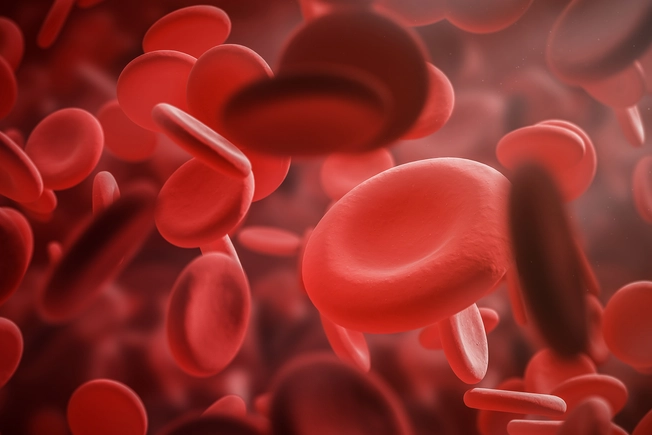
Not Enough Iron
Your doctor may check your iron levels if you start losing hair. That’s because it could be a sign you’re not getting enough. Low iron can also cause anemia. Your doctor can run a blood test to find out if you’re anemic or just low in iron. To get better, they may want you to eat iron-rich food -- red meat, beans, and dark leafy greens, for example -- or take a supplement.

Not Enough Nutrients
Iron isn’t the only thing you need for healthy hair. Your follicles depend on a variety of vitamins and minerals. If you’re not getting the right nutrients, you may notice hair loss. A doctor can run tests to find out if you’re getting enough. They might want you to eat more protein and foods with vitamin D. More research is needed to know if vitamin and mineral supplements can help.

Too Much Vitamin A and Selenium
It’s important to get the right vitamins and minerals. But you don’t want to overdo it, especially with supplements. Research shows too much vitamin A and selenium can cause hair loss.

Stress
When you’re under a lot of pressure, your follicles might go into a resting phase. Some strands may fall out after a few months. That’s called telogen effluvium. Severe stress may also trigger an autoimmune condition, like alopecia areata. If you have a mental disorder called trichotillomania, you might pull your own body hair out as a response to stress.
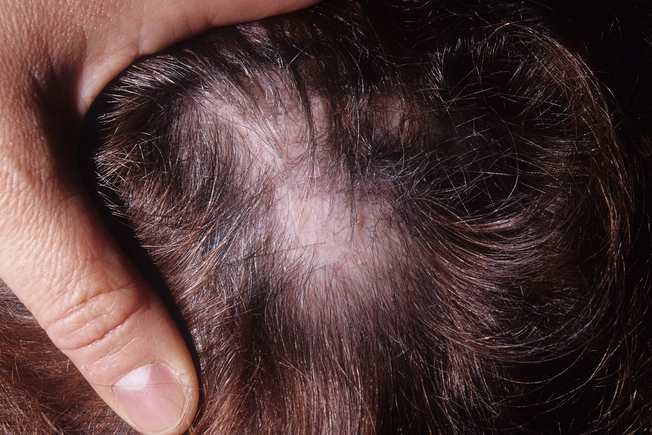
Scarring Alopecia
Inflammation can destroy your follicles. That’s called cicatricial alopecia. Hair can’t grow because scar tissue gets in the way. These conditions can affect your scalp, eyebrows, and underarms. Research shows some inflammatory disorders can cause you to lose patches of hair on other parts of your body. Treatment depends on what’s causing your scarring alopecia.